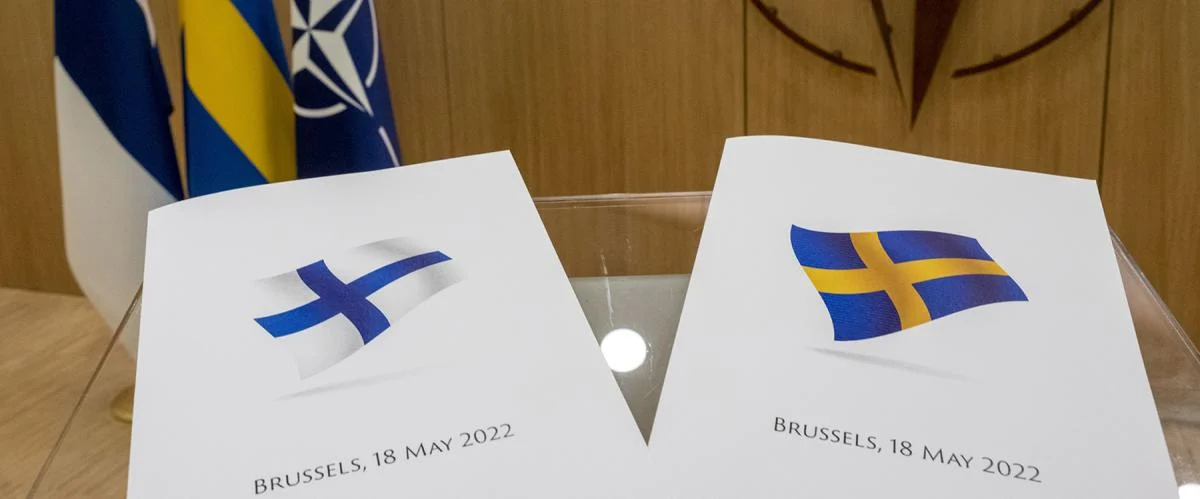Introduction
For decades, Sweden built its global reputation on neutrality, diplomacy, and peacekeeping. Yet, the evolving geopolitical landscape—marked by Russian aggression in Eastern Europe, rising cyber threats, and a shifting global order—has pushed Sweden into new territory. In 2023, Sweden applied for NATO membership, and by 2025, its position in the alliance has become one of the most significant political debates in the nation.
The question is: can Sweden maintain its traditional values of neutrality while strengthening its defense through NATO? This article explores Sweden’s role in NATO’s future, the opportunities it presents, the risks it brings, and how the nation can balance its historical identity with modern security demands.
Sweden’s History of Neutrality
Sweden has avoided direct military conflict since the early 19th century. Its neutrality during both World Wars and the Cold War earned it a reputation as a mediator and peacebuilder. This stance also gave Sweden credibility in global diplomacy, particularly in the United Nations and peace negotiations.
However, neutrality was not just a political stance but part of the Swedish identity. Many Swedes grew up believing their country stood apart from power blocs, choosing peace and humanitarian values over military alliances. Joining NATO challenges this narrative, sparking passionate debate among citizens and politicians alike.
Why Sweden Turned Toward NATO
Several key factors explain why Sweden shifted from neutrality toward alliance:
-
Russian Aggression: The invasion of Ukraine in 2022 shook Europe’s security structure. For Sweden, located close to Russia and with historical tensions in the Baltic Sea region, the threat felt direct and immediate.
-
Cybersecurity Threats: Modern warfare is no longer just tanks and missiles. Cyberattacks targeting infrastructure, banks, and media outlets have increased in Sweden, raising concerns about national resilience.
-
Defense Cooperation: Sweden has long collaborated with NATO through exercises and peacekeeping missions. Formal membership was a natural next step to ensure stronger collective defense guarantees.
Sweden’s Contributions to NATO
Sweden is not joining NATO as a passive member. It brings considerable strengths, including:
-
Advanced Military Technology: Sweden’s Saab Gripen fighter jets are among the most respected in Europe.
-
Strong Naval Capabilities: Its Baltic Sea presence is critical for NATO’s defense strategy.
-
Cyber Expertise: Sweden’s technological sector makes it a leader in cybersecurity strategies.
-
Peacekeeping Legacy: Sweden’s diplomatic experience complements NATO’s military focus, offering balance in conflict resolution.
By 2025, Sweden has already begun integrating its defense strategies with NATO partners, strengthening regional security.
Political Divisions at Home
Despite the strategic advantages, NATO membership remains divisive in Sweden. Supporters argue that the alliance is essential for national security in a dangerous world. Critics believe it erodes Sweden’s long-standing neutrality and risks entangling the country in unnecessary conflicts.
The political debate is intense. Left-leaning parties often emphasize diplomacy and neutrality, while center-right groups highlight security and deterrence. Citizens are equally divided, with many proud of Sweden’s humanitarian tradition and worried it could be overshadowed by military commitments.
Global Implications of Sweden’s Membership
Sweden’s NATO role extends beyond its borders. For the alliance, Sweden strengthens the northern flank, providing strategic depth in the Baltic region. For Europe, it signals a broader shift: countries once proud of neutrality, such as Finland and Sweden, now see security through collective defense.
For the world, Sweden’s NATO membership reinforces the idea that even peace-focused nations must adapt in a turbulent geopolitical climate. It also highlights the blurred lines between neutrality, diplomacy, and security in the 21st century.
The Balancing Act: Neutrality vs. Security
The central challenge for Sweden is maintaining its humanitarian and diplomatic values while fulfilling NATO obligations. Sweden has pledged to continue prioritizing peace talks, humanitarian aid, and climate-related security measures even as it strengthens military commitments.
In practice, this means Sweden may act as a “bridge-builder within NATO”—supporting strong defense measures while also pushing for dialogue and non-military solutions to conflicts.
Opportunities Ahead
Sweden’s NATO membership opens several opportunities:
-
Greater Security: Collective defense provides a stronger deterrent against potential threats.
-
Global Influence: Sweden can shape NATO policies on peace, climate, and cybersecurity.
-
Stronger Partnerships: Collaboration with allies boosts Sweden’s technological and military innovation.
If managed carefully, Sweden can redefine what it means to be a NATO member—one that prioritizes not only security but also global peace and sustainability.
FAQs
Why did Sweden decide to join NATO after so many years of neutrality?
The Russian invasion of Ukraine and rising cyber threats made neutrality feel insufficient for Sweden’s security needs, pushing the country toward collective defense.
Does NATO membership mean Sweden will lose its identity as a peaceful nation?
Not necessarily. Sweden aims to balance its defense obligations with continued leadership in diplomacy, peacekeeping, and sustainability efforts.
What does Sweden bring to NATO?
Advanced fighter jets, naval presence in the Baltic, strong cyber expertise, and a peacekeeping tradition that complements NATO’s military power.
How are Swedish citizens reacting to NATO membership?
Opinions are mixed. Many see it as necessary for security, while others feel it betrays Sweden’s long-standing neutrality.
Could Sweden act as a mediator within NATO?
Yes. Sweden’s diplomatic history allows it to advocate for negotiations and peace alongside collective defense, making it a unique voice in the alliance.
Conclusion
Sweden’s role in NATO’s future is more than a military decision—it is a defining moment in its history. Balancing security and neutrality will not be easy, but Sweden has the opportunity to reshape NATO from within, bringing humanitarian values into the heart of global defense strategies.
If successful, Sweden will not only safeguard its own security but also reaffirm its position as a moral and innovative leader on the world stage. In doing so, it can prove that joining a military alliance does not mean abandoning peace, but rather finding new ways to protect it in an increasingly uncertain world.






